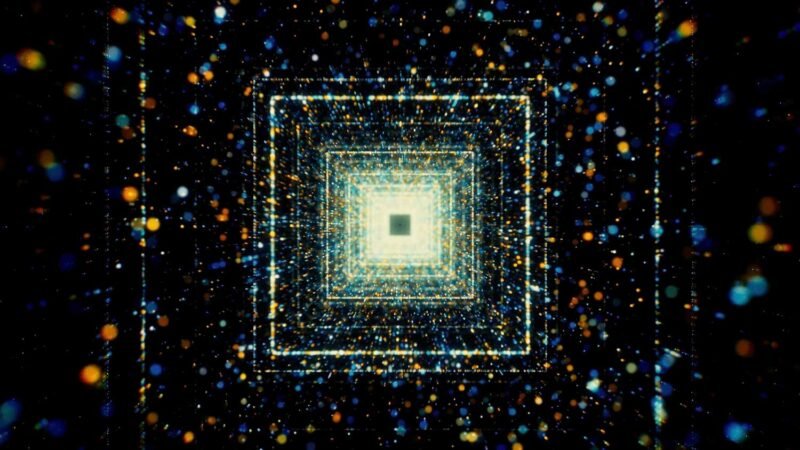Summary Points
-
Revolutionary Technique: Caltech researchers have developed a method for classical computers to evaluate quantum machine error rates without full simulations, enhancing the future effectiveness of quantum computing.
-
Quantum Simulator: The team conducted experiments using a 60-qubit quantum simulator, which operates in a complex regime beyond traditional simulation capabilities, enabling groundbreaking research on quantum error rates.
-
Entanglement Insights: The study revealed that increased entanglement in quantum systems can lead to chaotic behaviors, with implications for understanding how small perturbations can significantly affect outputs.
- Benchmarking Advancements: The new approach established a benchmark for measuring error rates and entanglement in quantum simulations, showing a 91 percent error rate which, while high, is notable in the current quantum computing landscape.
New Method Enhances Accuracy of Quantum Computing Using Classical Computers
Researchers at Caltech have developed a groundbreaking method that allows classical computers to verify the accuracy of complex quantum systems. This innovative approach aims to address the significant challenges associated with quantum computing, which holds immense potential for advancements in various fields, including cryptography and materials science.
Quantum computers, because they tackle complicated problems, could revolutionize industries. However, they currently suffer from fundamental flaws that hinder their performance. Previously, scientists needed to simulate quantum systems on classical computers, a task that becomes increasingly impractical as the complexity of the systems rises. The new method overcomes this limitation, enabling researchers to measure error rates in quantum machines without relying on full simulations.
The researchers conducted experiments using a specialized type of quantum computer known as a quantum simulator. Unlike conventional quantum computers, these simulators possess a smaller range of functionalities, making them more manageable for specific tasks. The team manipulated Rydberg atoms using lasers to create a system that demonstrates key quantum features, such as entanglement. This phenomenon occurs as the quantum computer interacts with its environment, leading atoms to form complex connections.
Adam Shaw, the study’s lead author and a graduate student in Manuel Endres’s laboratory, described their method with an analogy. “Imagine our quantum computer is painting the Mona Lisa. It paints with remarkable efficiency but sometimes smudges the details,” he said. “To quantify these mistakes, we enlist classical computers to simulate the painting process using different techniques. By comparing these simulations to the results from the quantum computer, we can estimate its errors accurately.”
The researchers’ quantum simulator features 60 qubits, a number that pushes beyond the limits of classical simulation. They found that this system operates with a 91% error rate, translating to a 9% accuracy rate. While this may seem low, it significantly outperforms previous efforts in the field. For instance, a 2019 Google experiment claimed an accuracy rate of just 0.3%.
Shaw emphasized the method’s significance, stating, “We now have a benchmark for analyzing errors in quantum computing systems. This measurement will allow us to track improvements as we enhance hardware and assess the entanglement involved in quantum simulations.”
This new technique not only advances our understanding of quantum systems but also sets the stage for more reliable and efficient quantum computing in the future. As researchers continue to refine this approach, the promise of quantum technology could move closer to reality, further unlocking its vast potential across different sectors.
Continue Your Tech Journey
Explore the future of technology with our detailed insights on Artificial Intelligence.
Discover archived knowledge and digital history on the Internet Archive.
QuantumV1
https://www.techexplorist.com/method-classical-computers-check-accuracy-complex-quantum-systems/82293/#utm_source=rss&utm_medium=rss&utm_campaign=method-classical-computers-check-accuracy-complex-quantum-systems

